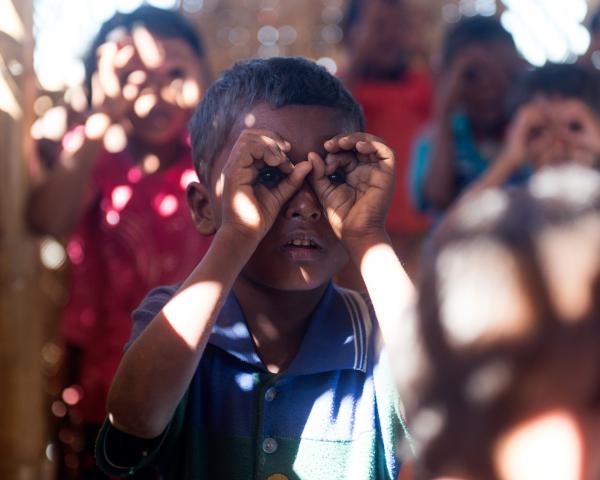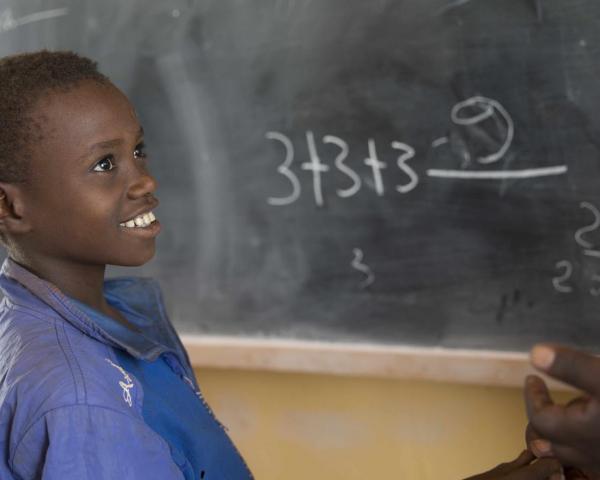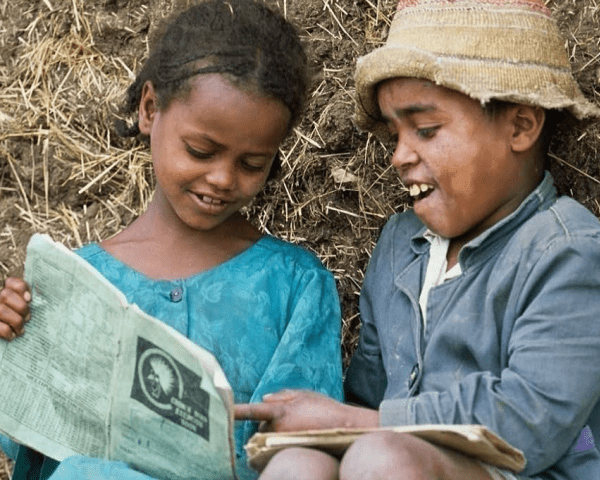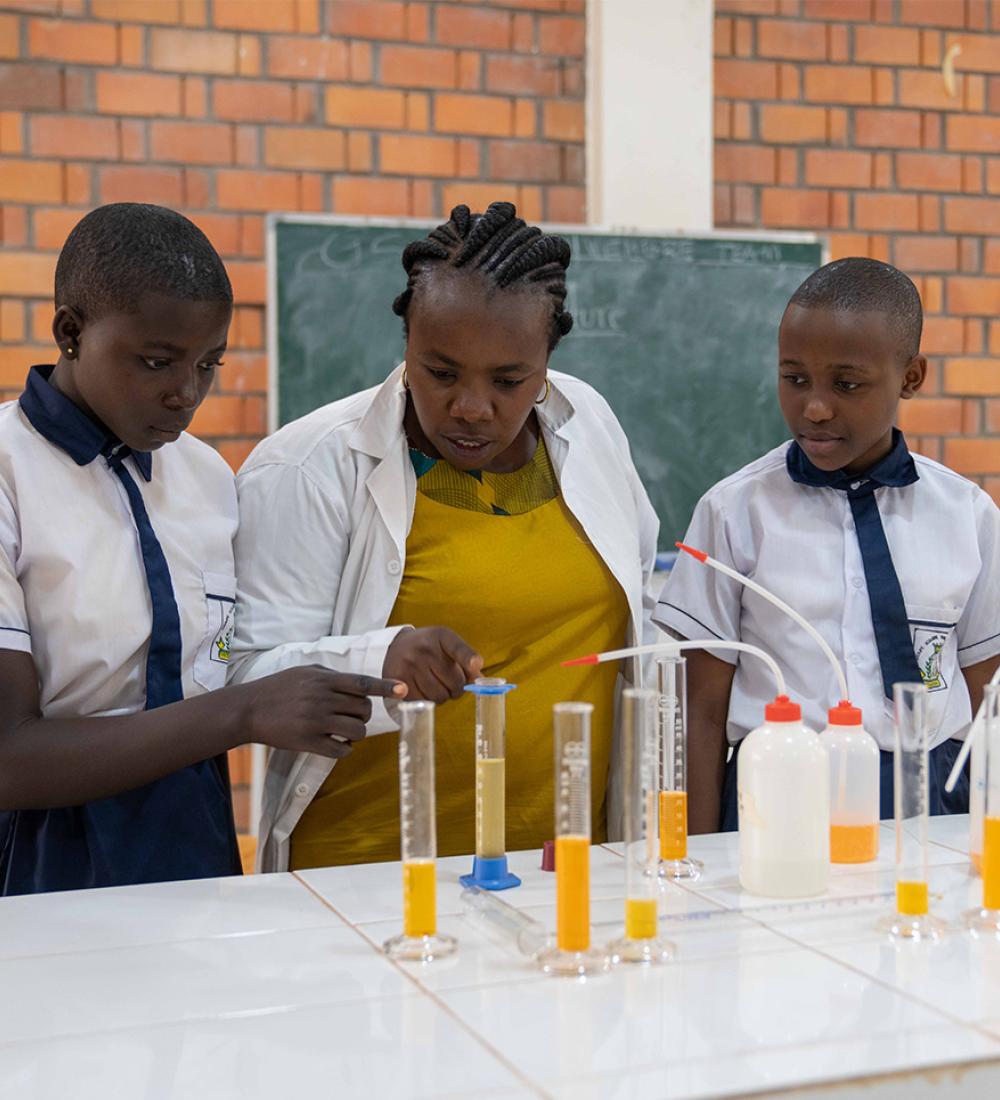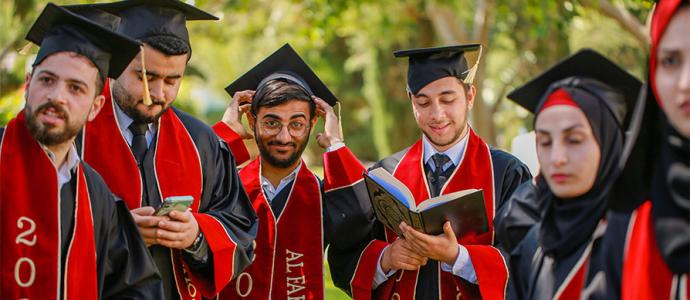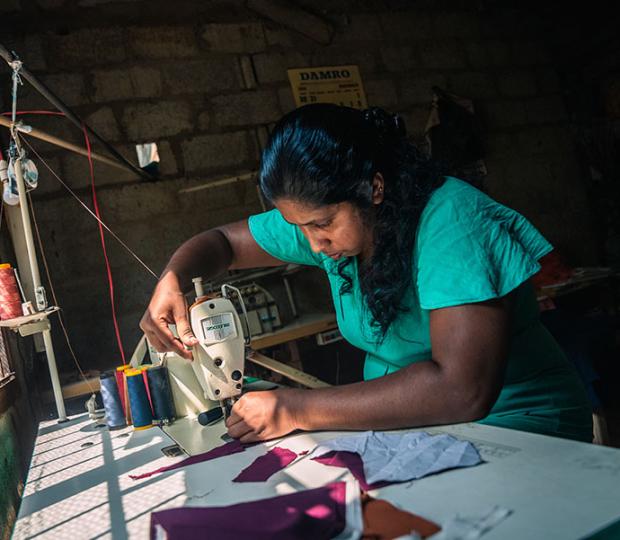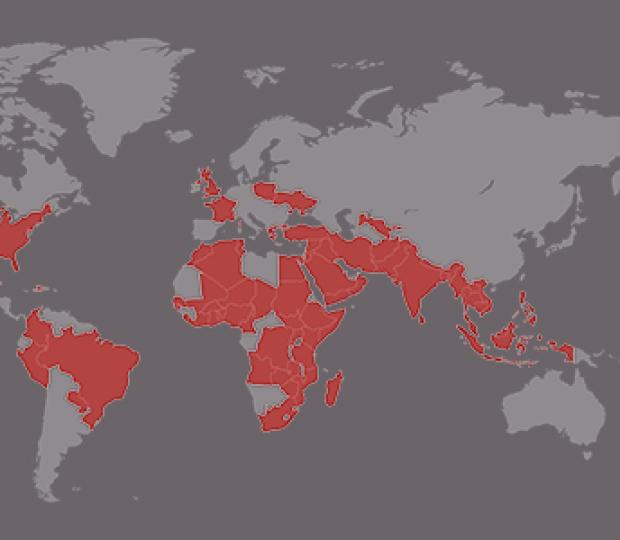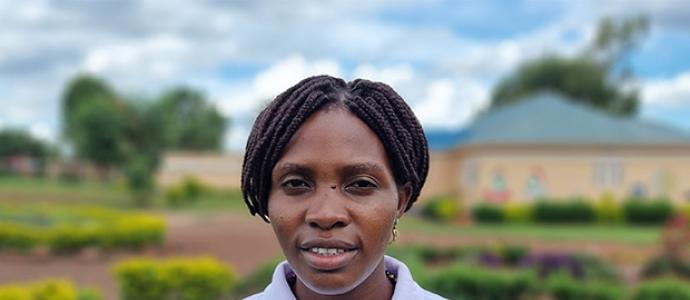Out of School Children Prioritized at World Innovation Summit on Education
Speaking today at the World Innovation Summit on Education (WISE), Her Highness Sheikha Moza bint Nasser, founder and chair of the Education Above All Foundation (EAA), addressed a gathering of global education advocates and reaffirmed her commitment to ensuring universal primary education (UPE) for every child in the world. Her remarks kicked off a day dedicated to galvanizing the global education community to take action on a number of entrenched issues surrounding barriers to education.
Reflecting on EAA’s years of data collection and research in promoting UPE, Her Highness announced new expansions of the EAA programme strategy. After successfully meeting their commitment to enrol 10 million out of school children (OOSC), Educate A Child, (EAC), a programme of EAA, will continue to use their learned expertise to enrol millions more OOSC moving forward. In addition, Her Highness announced EAC’s Zero OOSC strategy. Working in direct collaboration with governments and partner non-governmental organizations (NGOs), the Zero OOSC strategy targets countries near achieving UPE and supports them to develop sustainable education systems that can enrol the hardest to reach children. “In order to innovate new solutions to the challenges like monitoring, among others, Education Above All is launching a new strategy to be implemented in selected countries, with the aim of ensuring the number of out-of-school children in these countries reaches zero. Through doing this, we can prove that nothing is impossible if we all determine that education truly is above all,” remarked Her Highness.
Featured among the plenary speakers were H. E. Graça Machel, SDG Advocate (South Africa); H.E. Silviana Lopez Moreira, First Lady of Paraguay (Paraguay); global entertainer and philanthropist Shakira Mebarak Rippoll (Colombia); Michael Pollack, Educate Girls (USA); and Stephen Katende, Building Tomorrow (Uganda). Moderator Folly Bah Thibault, Al Jazeera English (Qatar), focused the panel discussion on each speaker’s unique perspective on how best to reach those young people whose right to education remains unfulfilled.
Other highlights of the convening included the unveiling of a unique partnership established initially between EAA, Zaha Hadid Architects (ZHA) and the Supreme Committee for Delivery & Legacy (Supreme Committee) – the organisation tasked with delivering the infrastructure and operations required for the FIFA World Cup Qatar 2022™, and the release of the first ever regional edition of the Global Education Monitoring Report (GEM) focused on Arab states at a time of unprecedented migration and displacement in the region.
With more than 59 million children out of school across the globe, the need for innovation in the field has never been greater which is the guiding principle of the joint venture initially established between EAA and ZHA and eventually adding the Supreme Committee. The aim of the project is to transform how temporary classroom spaces are fabricated and constructed for OOSC. The initial classroom prototype was featured on the exhibit floor at WISE 2019. “Our approach was based on the objective of creating spaces that offer customized and transformative solutions focused on education and the support of students’ and communities’ social and emotional well-being,” said Charles Walker, Director, Zaha Hadid Architects.
The prototype, based on one of Dame Zaha Hadid’s final projects, features a number of innovative design solutions that will allow it to function as both a learning space and community hub for those living through the realities of current day refugee experiences. “We have always said that our vision for the FIFA World Cup in Qatar would be to ensure a legacy was left long after the last ball has been kicked in 2022,” said H.E. Hassan Al Thawadi, Secretary General of the Supreme Committee. “This project with EAA and Zaha Hadid Architects perfectly captures that vision. Much like Qatar’s modular stadiums, these innovative structures have been designed with a legacy usage in mind and will be used during the tournament for a variety of purposes before being dismantled, repurposed and reconstructed into classrooms that will be donated to countries around the world and help thousands of out of school children,” he continued. The converted classroom structures, 100 of which will be funded by SC, are planned to be deployed post-2022 in Cambodia, Cameroon, Colombia, Jordan, Lebanon, Mali, Myanmar, Palestine, South Sudan, Sri Lanka, Turkey and Uganda.
The first regional edition of the Global Education Monitoring (GEM) Report, dedicated to the Arab States and entitled Migration, displacement and education: Building Bridges, not Walls, was released during a panel discussion featuring regional experts hosted by the United Nations Educational, Scientific and Cultural Organization (UNESCO) and EAC. The discussion provided analysis on the impact of various types of population movements on education in the Arab States including, internal migration, international migration, international displacement and internal displacement. “While many countries signed up to two global compacts on refugees and migrants last year, which contain several key education commitments, the Arab States face a particular set of challenges that must be addressed,” said Manos Antoninis, Director, Global Education Monitoring Report.
According to the Report, the Arab States are uniquely affected by migration and displacement. While the region holds five percent of the world’s population, it accounts for 32 percent of the world’s population of refugees and 38 percent of the world’s population of those internally displaced by conflict. Humanitarian crises have exacerbated rates of migration and displacement, thwarting educational development in the region and limiting opportunity and growth for students.
WISE, which is hosted bi-annually, enables EAA to leverage a global platform to identify, study and celebrate many innovative approaches that can be applied in education. EAA brings this spirit of innovation to life by finding new ways to fulfill its mission to ensure inclusive and equitable quality education for vulnerable and marginalized people, especially in the developing world, as an enabler of human development.






